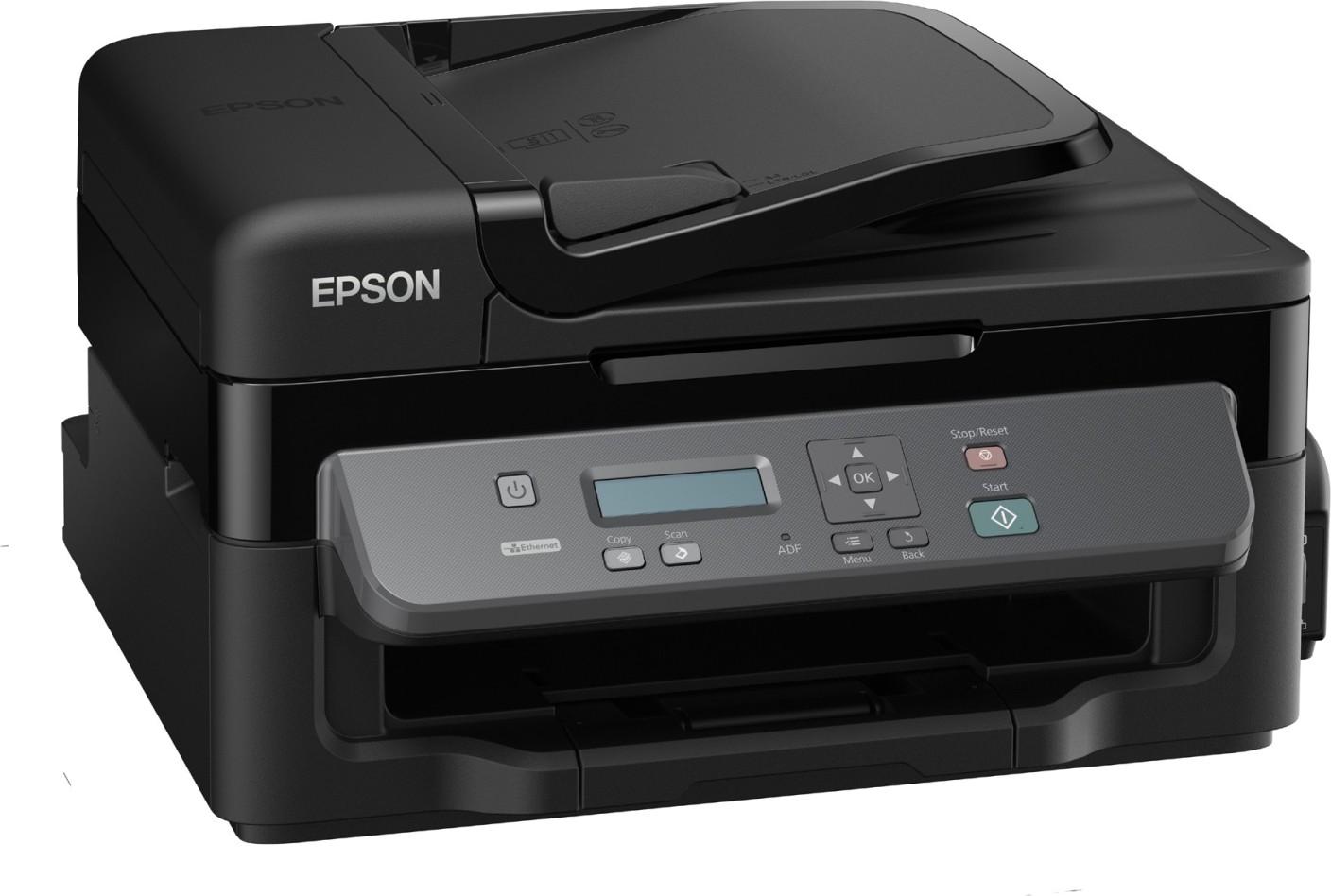Broadcom Bcm43228 Driver Win7
This is the Windows version of the Broadcom 802.11n Wireless LAN Driver. This is the latest driver for this wireless adapter and comes for the WinXP 32/64, Vista 32/64, Win7 32/64 operating system. The hardware ID for this adapter is listed below and also the software versions for this driver. Check your hardware and software before you install the driver. The following LAN cards will work with this driver: • Broadcom 802.11b Network Adapter • Broadcom 802.11g Network Adapter • Broadcom 802.11a Network Adapter • Broadcom 802.11 Multiband Network Adapter • Broadcom 802.11 Network Adapter provides wireless local area networking. • Broadcom 802.11 Network Adapter Driver • 802.11 Network Adapter Install Disk • Broadcom 802.11n Network Adapter • Broadcom 802.11 USB Network Adapter Driver The drivers listed above will work with this driver. These are all compatible with the hardware.
Broadcom is a global leader and innovator in semiconductor industry for system-on-a-chip and software solutions, including motherboard, modem, network adapter, etc. Downloading and updating the appropriate Broadcom drivers for your devices occasionally could troubleshoot many performance issues.

You can search this website for more information as there are a number of computers and laptops which use the Broadcom range of hardware. Always scan any downloads from the internet for malware and viruses. Driver Ver:5.100.196.18, ** Note that there is also a Windows 10 driver which was released in July 2015. See the post on this website.
Code: The hybrid driver from Broadcom is still a bit behind in terms of support for the latest kernels but there are workarounds. This particular issue also effects other kernel modules such as the out of tree Nvidia and ATI blobs that require the asm/system.h file in their includes.
I’ve had success with replacing it with asm/switch_to.h which seems to have fixed things for now. The cause for this can be found on the LKML. Chipsets supported by “Broadcom’s IEEE 802.11a/b/g/n hybrid Linux® device driver” are: BCM4311, BCM4312, BCM4313, BCM4321, BCM4322, BCM43224, and BCM43225, BCM43227 and BCM43228.
Errors: bcurtis@ronin:~/workspace/wl$ make KBUILD_NOPEDANTIC=1 make -C /lib/modules/`uname -r`/build M=`pwd` make[1]: Entering directory `/usr/src/linux-headers-3. Catia Software System Requirements. 5.0-030500rc3-generic’ Wireless Extension is the only possible API for this kernel version Using Wireless Extension API LD /home/bcurtis/workspace/wl/built-in.o CC [M] /home/bcurtis/workspace/wl/src/shared/linux_osl.o CC [M] /home/bcurtis/workspace/wl/src/wl/sys/wl_linux.o /home/bcurtis/workspace/wl/src/wl/sys/wl_linux.c:43:24: fatal error: asm/system.h: No such file or directory compilation terminated. Make[2]: *** [/home/bcurtis/workspace/wl/src/wl/sys/wl_linux.o] Error 1 make[1]: *** [_module_/home/bcurtis/workspace/wl] Error 2 make[1]: Leaving directory `/usr/src/linux-headers-3.5.0-030500rc3-generic’ make: *** [all] Error 2 The rundown: Download the 32 or 64-bit version: Download my patches: bc_wl_abiupdate.patch and switch_to.patch Extract the sources: cd ~/Downloads; mkdir -p wl; cd wl; tar xf./hybrid-portsrc*.tar.gz Patch and compile the sources: patch -p0 src/wl/sys/wl_linux.c.
I'm watching this thread with interest; I have the same issue. When I initially installed Kali (dual boot, Win7), WICD didn't install, so I had to re-install. Now, WICD shows up, but I get a message stating no wireless networks found.
To date, I have: added lines to the sources.list (http. Fahn Tolosa Marin Tremor Rating Scale Pdf Linux here. kali.org /kali, and /wheezy) apt-get update apt-get install apt-get install firmware-b43-lpphy-installer modprobe 43 iwconfig doesn't turn up any wireless adapters, but broadcom does show up as a result of lsusb. I've also tried wicd stop ifconfig wlan0 down ifconfig wlan0 up wicd start That set of commands just says that device not found. Anything else I could/should be trying? Thanks in advance.